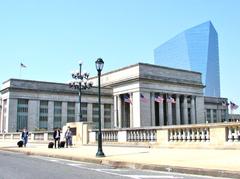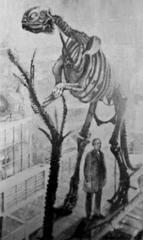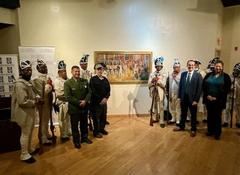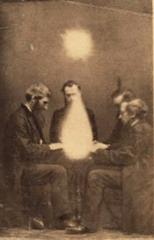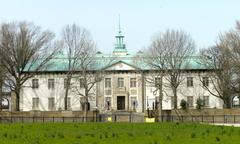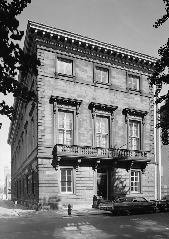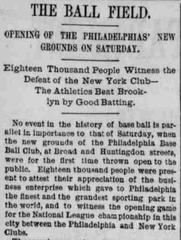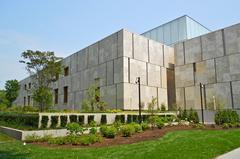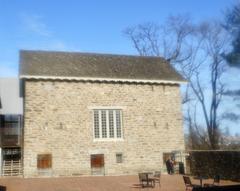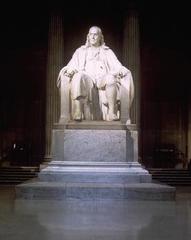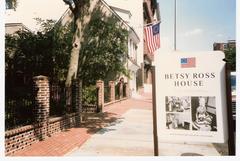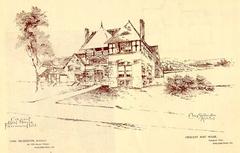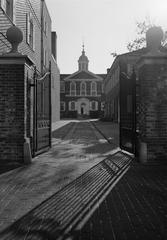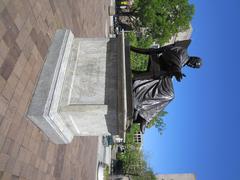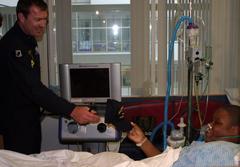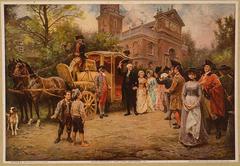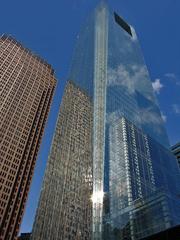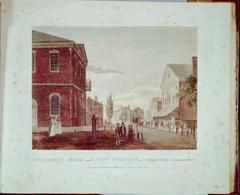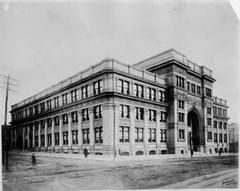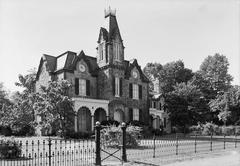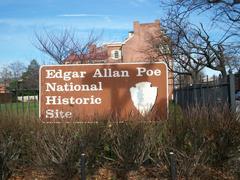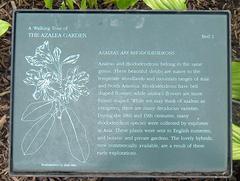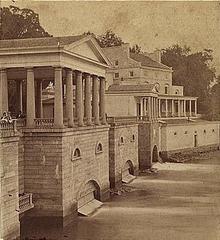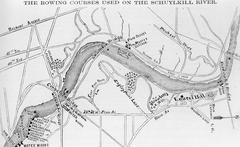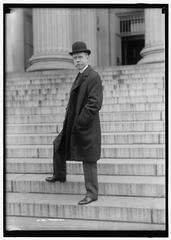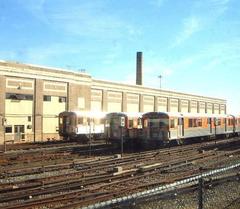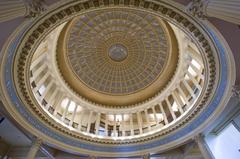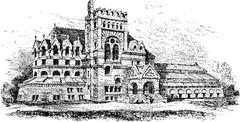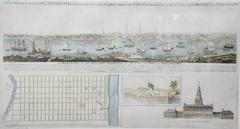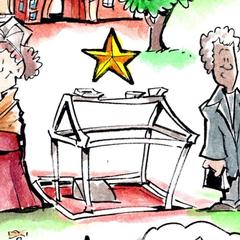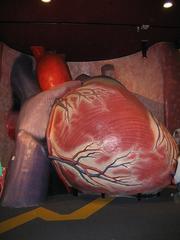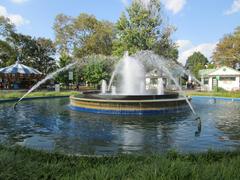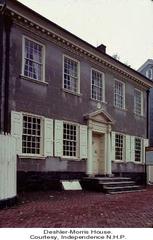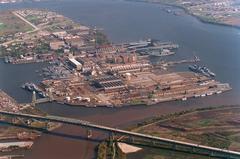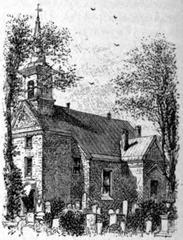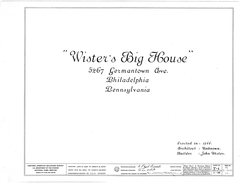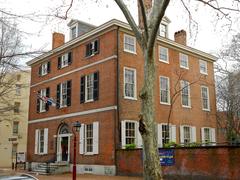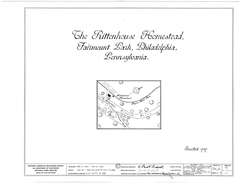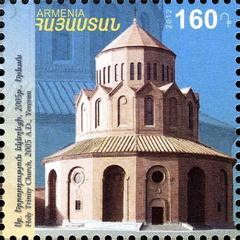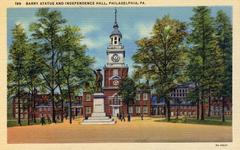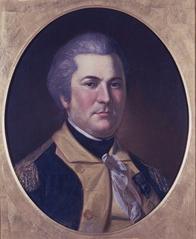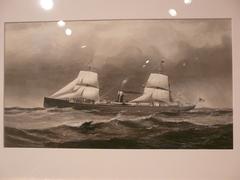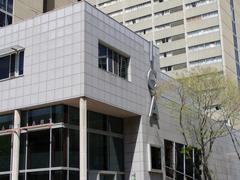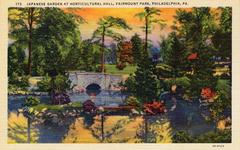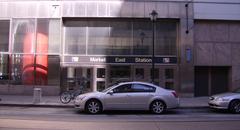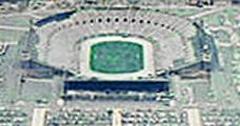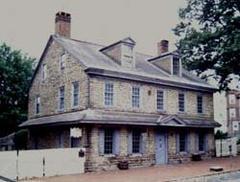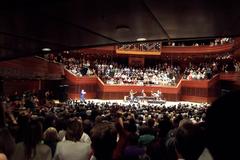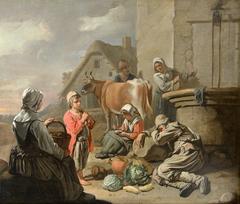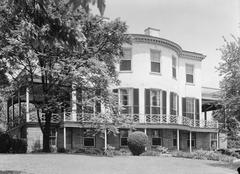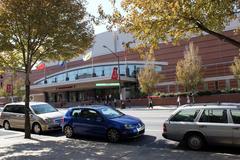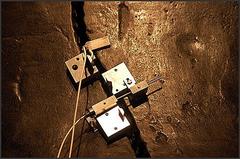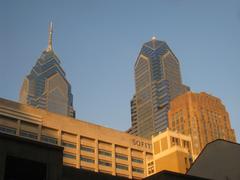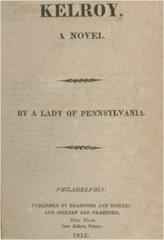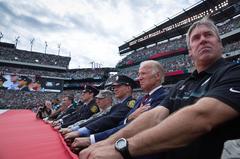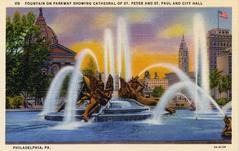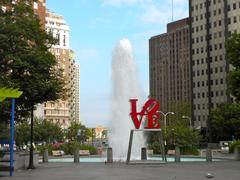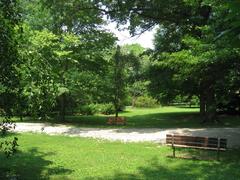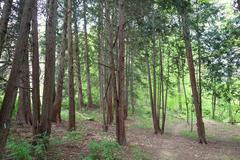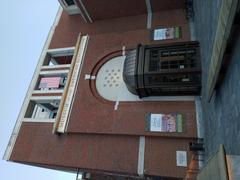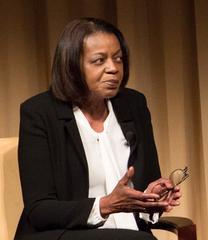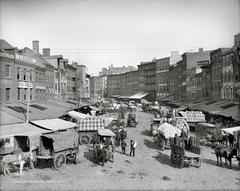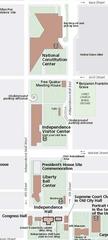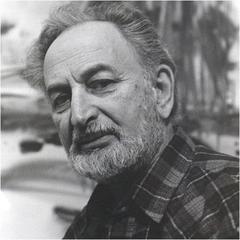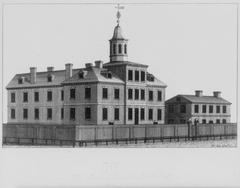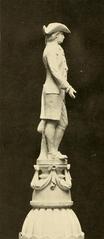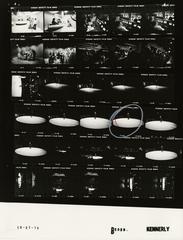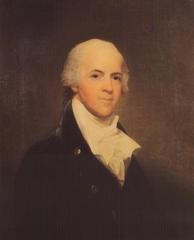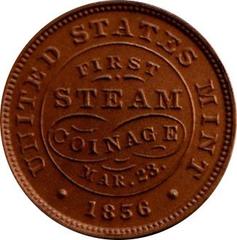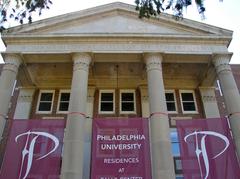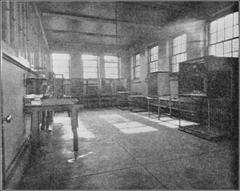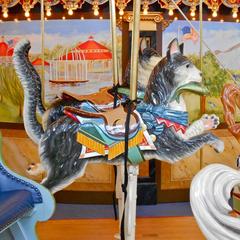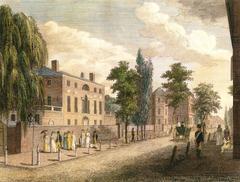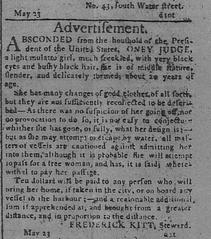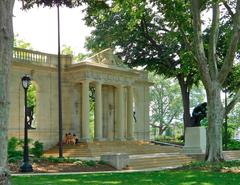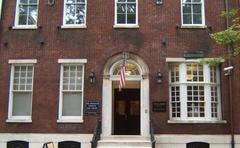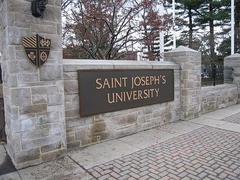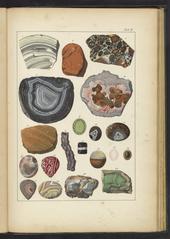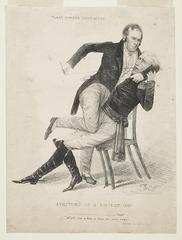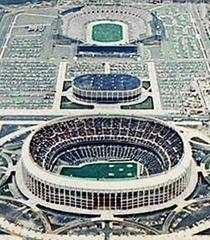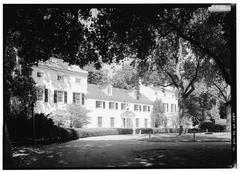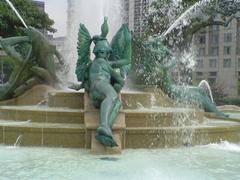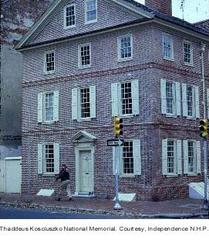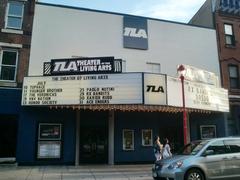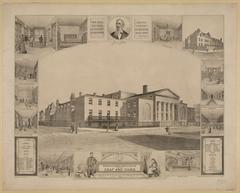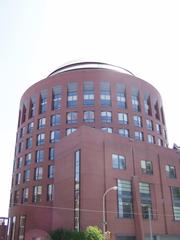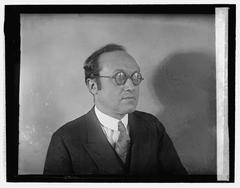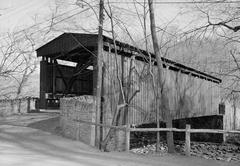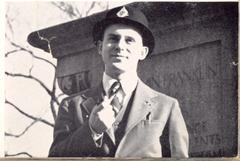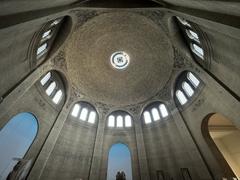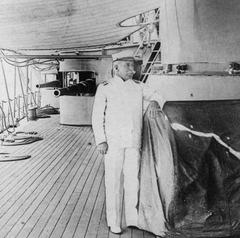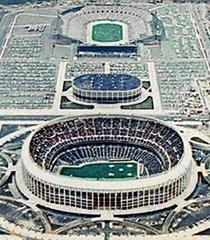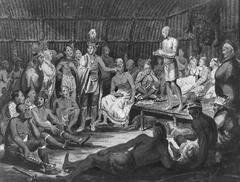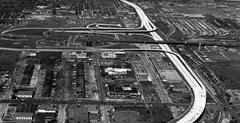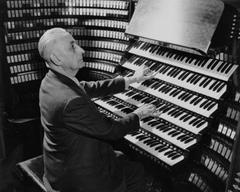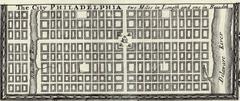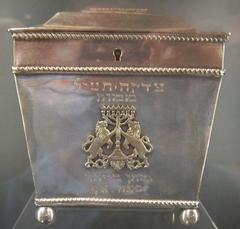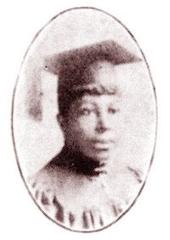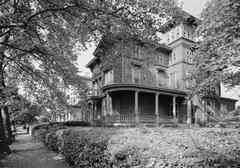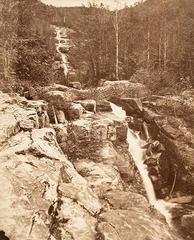
Mother Bethel A.M.E. Church, Philadelphia: Visiting Hours, Tickets, and Historical Significance
Date: 04/07/2025
Introduction: The Legacy of Mother Bethel A.M.E. Church
Mother Bethel African Methodist Episcopal (A.M.E.) Church stands as a foundational symbol of African American faith, freedom, and leadership in the United States. Established in 1794 by Richard Allen—a formerly enslaved man who purchased his freedom—the church is recognized as the birthplace of the A.M.E. denomination, the first independent Black church in America. Its creation was a direct response to racial discrimination at St. George’s Methodist Church in Philadelphia, culminating in the historic “Great Walkout” led by Allen and Absalom Jones, which set the stage for Black religious autonomy (Global Philadelphia; Mother Bethel History).
Located at 419 South 6th Street, Philadelphia, Mother Bethel occupies the oldest continuously Black-owned property in the nation (Lonely Planet). Its current Gothic Revival building, completed in 1890, houses both a dynamic congregation and a museum featuring priceless artifacts—among them Richard Allen’s tomb and original pews—which collectively tell the story of the church’s enduring impact on abolition, civil rights, and the broader narrative of American history (Rediscovering Black History; Mother Bethel Museum).
Visitors will discover a welcoming environment rich in cultural and historical significance, enhanced by guided tours, educational opportunities, and proximity to other Philadelphia landmarks such as Independence Hall, the Liberty Bell, and the African American Museum in Philadelphia (Visit Philly; Mother Bethel official site). Whether you are a history buff, spiritual seeker, or curious traveler, Mother Bethel A.M.E. Church promises a rewarding experience.
Table of Contents
- The Origins and Founding of Mother Bethel A.M.E. Church
- Legal Struggles and the Birth of Denominational Independence
- Architectural Highlights and Historical Site Details
- Mother Bethel’s Role in Abolition, Civil Rights, and Community Leadership
- Visiting Information: Hours, Tickets, and Accessibility
- Preservation, Recognition, and Ongoing Legacy
- Notable Figures and Milestones
- Visitor FAQ
- Planning Your Visit: Tips and Nearby Attractions
- Special Events, Group Visits, and Educational Programs
- Cultural Etiquette and Respectful Conduct
- Living History: The Church’s Enduring Impact
- Sources and Further Reading
1. The Origins and Founding of Mother Bethel A.M.E. Church
Mother Bethel’s origins are deeply rooted in the struggle for religious autonomy and racial equality. After facing segregation at St. George’s Methodist Church, Richard Allen and Absalom Jones led Black worshippers in a powerful act of resistance—the “Great Walkout.” In 1787, Allen and Jones co-founded the Free African Society, which provided spiritual and material support to the city’s Black community. Jones went on to establish the African Episcopal Church of St. Thomas, while Allen remained with the Methodist tradition (Global Philadelphia).
In 1791, Allen purchased land at 6th and Lombard Streets, now celebrated as the oldest continuously Black-owned property in the United States (Scoop USA). The first Bethel Church—originally a blacksmith shop—was dedicated in 1794, laying the foundation for what would become Mother Bethel A.M.E. Church (PCUSA).
2. Legal Struggles and the Birth of Denominational Independence
Despite initial acceptance by the Methodist Episcopal Church, Allen’s congregation continually faced attempts by white church authorities to assert control. Richard Allen’s successful legal battle for Bethel’s independence paved the way for the formal creation of the African Methodist Episcopal Church in 1816, with Mother Bethel as its founding congregation (Global Philadelphia). This moment marked the birth of the first independent Black denomination in America.
3. Architectural Highlights and Historical Site Details
Mother Bethel’s current building, completed in 1890 and designed by William S. Huckel and Edward Hazlehurst, is a striking example of Gothic Revival architecture (Global Philadelphia). Key features include:
- A grand bell tower with ornate gargoyles
- Magnificent stained-glass windows with religious and Masonic symbols
- The original pulpit and pews crafted by Richard Allen
- A crypt housing the remains of Richard and Sara Allen
The church stands on the same site as its original 1794 building and is believed to have played a role in the Underground Railroad, with tunnels connecting to the nearby Friends meeting house.
4. Mother Bethel’s Role in Abolition, Civil Rights, and Community Leadership
Throughout the 19th and 20th centuries, Mother Bethel served as a sanctuary for abolitionists and a beacon for social justice. The church hosted the first national Black convention in 1830 and was recognized for its involvement in the Underground Railroad (Rediscovering Black History). Its pulpit welcomed prominent abolitionists and civil rights leaders, and its congregation was instrumental in the formation of mutual aid societies and education initiatives (Mother Bethel History).
5. Visiting Information: Hours, Tickets, and Accessibility
Location: 419 South 6th Street, Philadelphia, PA 19147
Public Transit: Accessible via SEPTA bus routes and the Lombard-South subway station
Parking: Limited on-site; nearby paid parking available
Visiting Hours:
- Tuesday–Saturday: 10:00 AM – 4:00 PM
- Sunday: After worship services (worship at 9:30 AM)
- Closed during worship services and some holidays; check the official website for updates
Admission:
- Free for individuals and small groups
- Donations are encouraged to support preservation and programs
Guided Tours:
- Available by appointment
- Highly recommended for historical context
- Group and educational tours should be reserved in advance
Accessibility:
- Sanctuary and main entrances wheelchair accessible
- Some museum and crypt areas may have limited accessibility; contact the church for accommodations
6. Preservation, Recognition, and Ongoing Legacy
Mother Bethel’s archives—dating from 1848—have been digitized for preservation (PCUSA). The church played a role in the founding of the African American Museum in Philadelphia and is listed as a National Historic Landmark (Global Philadelphia).
7. Notable Figures and Milestones
- Richard Allen (1760–1831): Founder, preacher, abolitionist, and first A.M.E. bishop
- Absalom Jones: Co-founder of the Free African Society
- Reverend Carolyn Cavaness: First woman to serve as senior pastor (Scoop USA)
8. Visitor FAQ
Q: Are there entrance fees?
A: Admission is free; donations are accepted.
Q: Can I take photographs?
A: Permitted during tours; request permission during services.
Q: Is the church accessible?
A: Most areas are wheelchair accessible; contact for special needs.
Q: How do I schedule a tour?
A: Book in advance via the website or by phone.
Q: What should I wear?
A: Modest attire is recommended, especially during worship.
9. Planning Your Visit: Tips and Nearby Attractions
- Book tours in advance, especially for groups or during cultural months.
- Arrive early to appreciate the architecture and reflect in the sanctuary.
- Nearby sites: African American Museum, Independence Hall, Liberty Bell, Washington Square (Visit Philly).
- Duration: Plan for 60–90 minutes for a full tour.
10. Special Events, Group Visits, and Educational Programs
Mother Bethel offers lectures, concerts, and workshops—particularly during Black History Month and Juneteenth. Custom tours for schools and organizations can be arranged (Mother Bethel Museum). The church’s archives and museum serve as key resources for scholars and students.
11. Cultural Etiquette and Respectful Conduct
Mother Bethel welcomes visitors of all backgrounds and is LGBTQIAA inclusive.
- During Services: Arrive on time, silence devices, and participate respectfully.
- Photography: Permitted in most areas unless otherwise indicated.
- Dress Code: Modest attire is encouraged.
12. Living History: The Church’s Enduring Impact
Mother Bethel remains a vibrant congregation and community hub, hosting approximately 700 members and welcoming thousands of visitors annually. It continues to serve as a platform for social justice, spiritual leadership, and education (Philadelphia Encyclopedia).
13. Sources and Further Reading
- Global Philadelphia: Mother Bethel A.M.E. Church
- Mother Bethel History
- Rediscovering Black History: Richard Allen
- Visit Philly: Mother Bethel A.M.E. Church
- Secrets of Philadelphia: The Richard Allen Museum
- Mother Bethel Museum & Tours
- PCUSA: Mother Bethel Archives
- Scoop USA: Bishop Richard Allen Celebration
- Philadelphia Encyclopedia: Mother Bethel A.M.E. Church
Plan your visit today! For updated hours, special events, and to reserve your tour, visit the Mother Bethel official website. Download the Audiala app for interactive historic tours and follow the church on social media for the latest news and events.









